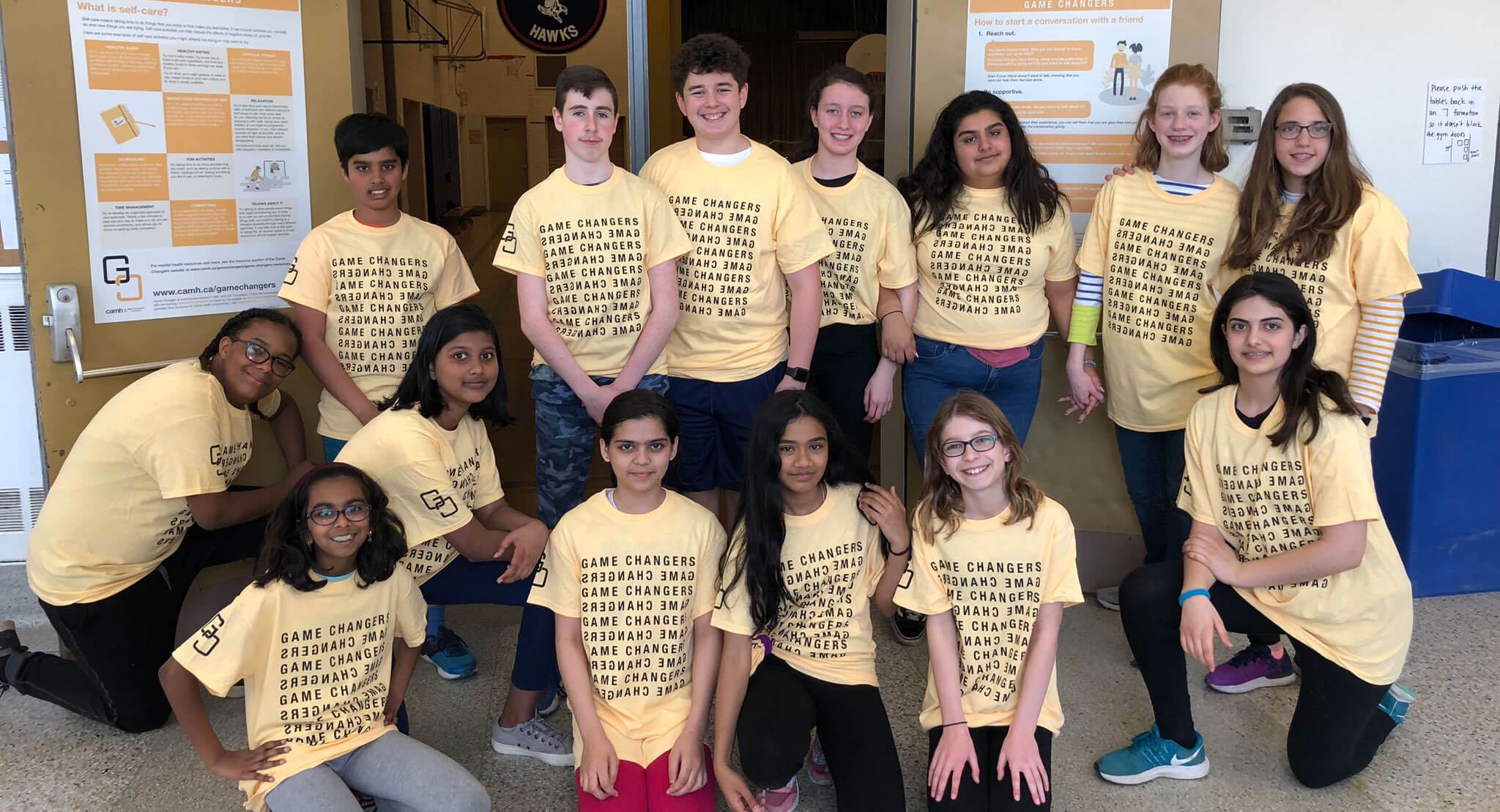
When I think about the theme for this year’s National Child Day—children should be seen and heard—I think about how important it is to engage kids in the conversations about mental health. Some things that we know for sure: 70% of adults with mental illness had an onset of symptoms during the childhood or teen years and the earlier we intervene, the better our chances of changing the trajectory of these illnesses. This means equipping kids with the resources and tools to support themselves and their peers, empowering them to lead the conversations and including them in developing the strategies to drive change.
We are making much progress in dismantling stigma, but there is still so much more to do. It is so important to start talking about mental health as part of our overall health at the earliest possible time. Developing the skills and tools for resiliency are key to building self-awareness and coping with obstacles that appear. This year, Erin Ledrew, a recreational therapist at CAMH, published a children’s book called Mindful Me Goes To Sleep. While it’s second nature for parents to have conversations with kids about staying physically healthy, mental health is often relegated to when problems begin. We can empower children early to protect body and mind.
The teenage years are a critical time for conversations about mental health. Young people can experience depression, anxiety, substance use and other mental health problems. They need to know that it’s okay to not be okay, and that it’s okay to ask for help. Through a partnership with HBC, CAMH developed the Game Changers For Mental Health program to equip kids with the resources they need. Everything including what mental health is, how to maintain self-care, how to be supportive to a friend and safer use of cannabis and alcohol. The key to the program is that the resources are developed by youth for youth. Kids that are equipped with these tools will build more supportive networks.
CAMH’s McCain Centre for Child, Youth and Family Mental Health amplifies the voices of youth by engaging them in the program’s activities. Youth engagement facilitators bring their lived experience to bear in the development of programs and services, knowledge products and research. Living the mantra, nothing about us without us, they are full members of the McCain team. They also extend their collaboration by engaging with the National Youth Advisory Council, a group of young people across the country that advocates to end stigma by embracing a dialogue of youth mental wellness.
This National Child Day, I’ll be thinking about all the ways in which young people are seen and heard, the incredible contribution they are making to drive social change, and how they have impacted my work and challenged me to redouble my efforts to make the world a better place. Check out this partnership between CAMH and Healthy Debate in the creation of Our Voice Matters. I am sure that Em, Augustina, Chloe and Mahalia will inspire you just as they have inspired me.
